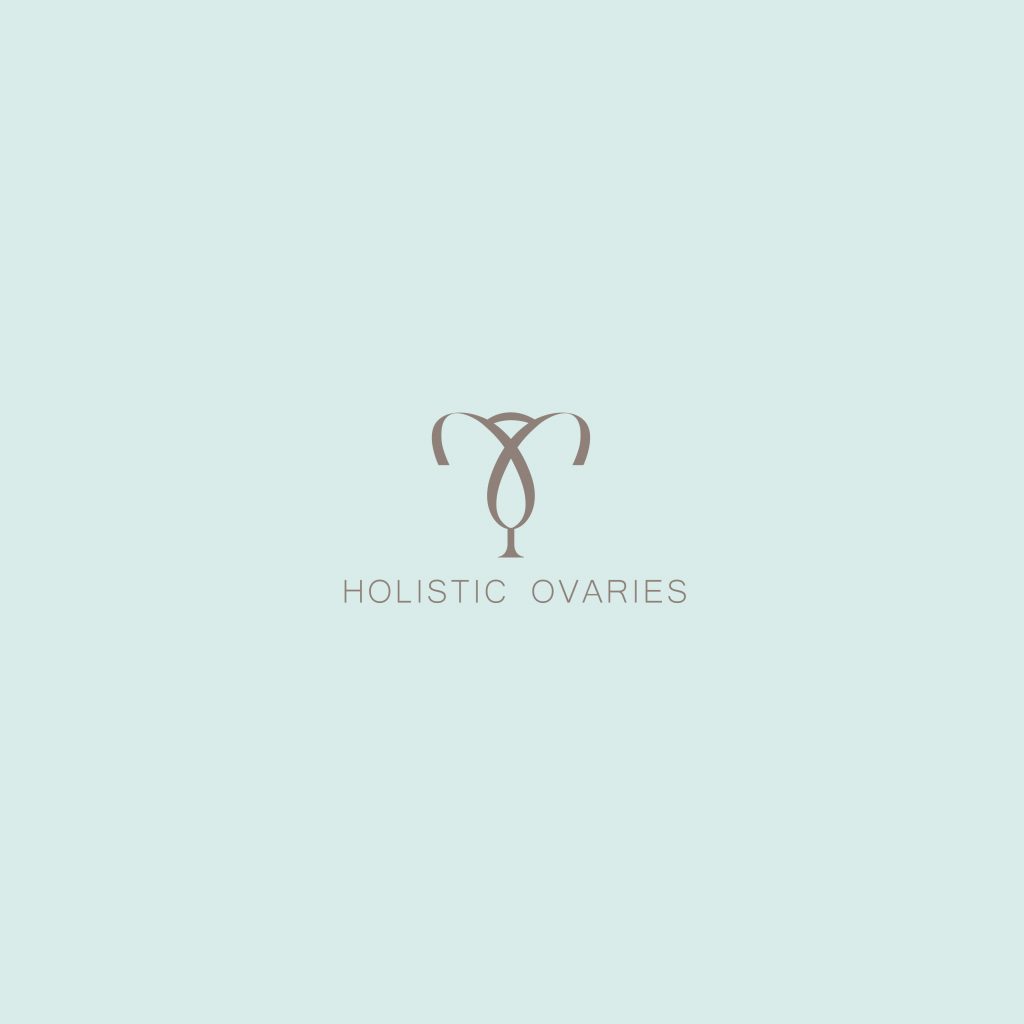Benefits and limitations of Cognitive Behavioural Therapy for PCOS

Psychological Treatments for polycystic ovary syndrome - Cognitive Behavioural Therapy
Recent research recommends complementary and alternative treatment options (including psychological therapies) for PCOS patients. The studies highlight the benefits of psychological treatment as an addition to conventional management of Polycystic Ovary Syndrome.
It makes a lot of sense to me. PCOS is not only a reproductive or metabolic disorder, but it also holds psychological and emotional implications.
PCOS shouldn’t be treated only in terms of fertility or weight loss. Sadly, what we can see in the medical environment PCOS treatment is simplified to contraceptive pills and vague suggestions on loosing weight.
Treatments for PCOS are highly focused on dietary modifications, increased physical activity and weight management and unfortunately are giving small and short-term effects.
We have to remember that there are so many layers to our health. Emotional dysregulation, maladaptive thoughts, core beliefs and daily habits can prevent us from implementing lifestyle modifications recommended as interventions for PCOS.
The researchers argue that ’’It is plausible that approaching weight loss in a way that also addresses the underlying psychological concerns would be more successful’’
(Lee and colleagues).
Today I want to talk specifically about benefits and limitations of Cognitive Behavioural Therapy for PCOS management.
What is Cognitive Behavioural Therapy (CBT)?
Cognitive Behavioural Therapy – CBT – is a therapy that focuses on changing dysfunctional thoughts that lead to negative mood states and maladaptive behaviours.
CBT is commonly called “Talk Therapy”. The sessions usually focus on you to talk and make you responsible for your actions.
CBT combined with practical medical science methods has been shown to help women with PCOS in overcoming barriers to cope with lifestyle changes and in recovering and preventing the progression of the syndrome.
CBT approach to polycystic ovary syndrome
The CBT approach to PCOS may include:
- Nutritional counselling,
- Lifestyle goals,
- Physical illness narrative (having PCOS),
- Psychoeducation,
- Self-monitoring,
- Activity scheduling,
- Homework,
- Cognitive interventions (automatic thoughts and cognitive distortions),
- Behavioural interventions (increasing physical activity, decreasing sedentary behaviour, increasing sleep and improving body image).
Benefits of CBT for PCOS Management:
CBT helps women with PCOS:
- To cope with barriers to implement lifestyle changes,
- Decrease depressive symptoms,
- Treat anxiety,
- Deal with maladaptive eating patterns,
- Reduce food cravings related to binge eating,
- Significantly lower the psychological fatigue,
- Improve significantly quality of life,
- Create positive body image (body image was improved without the need of weight loss or other physical changes),
- Acceptance of body weight and shape,
- Deal with negative self-judgment,
- Reduce metabolic risk and inflammation,
- Manage and lower perceived stress,
- Decreased autonomic and endocrine response to a laboratory stressor.
Limitations to CBT Treatment for PCOS:
Like every treatment for PCOS, CBT will also have some disadvantages and limitations. And it is important to mention them here:
- Dropping out rates:
The research shows quite high dropout rates in CBT treatment for PCOS. Demanding interventions are associated with dropout rates of 50%.
- Time:
To attend CBT sessions time commitment is required – weekly, 30-90 minutes sessions for 8-12 weeks for some of you might seem like a lot. (It is quite quick though by therapy standards).
- Money:
Then comes the financial burden. Not everywhere you can get CBT session finance by your Health Care system or your insurance. The cost of a CBT session can differ depending on where you are and the therapist you choose. The single session cost varies between 60 – 200 euro.
- Finding the right CBT Therapist:
Finding the CBT therapist who also understands PCOS might be challenging.
- Limitations:
CBT is more rational based intervention and as we know we are more guided by our emotions than logic. That’s why CBT is more effective in reducing behavioural and cognitive symptoms, but less effective in dealing with emotions such as shame or guilt.
- Your unique struggles:
CBT may not be equally effective for all individuals and may not address all underlying issues of psychological implications present in your PCOS.
CBT for PCOS management - Summary
Current research target psychological interventions to reduce psychological burden in PCOS patients.
If additional to your PCOS you struggle with anxiety, depression or eating disorders, CBT can be very beneficial for you.
If you have poor body image, negative thoughts and feel that your life needs to improve CBT also can help you. CBT has shown outcomes in improving quality of life in women with PCOS and as a result enhance their health.
CBT also can be useful if you struggle with implementing long lasting lifestyle changes for your PCOS management.
Understanding of PCOS disorder, personal control and consequences could be used to guide formulation in CBT for mental health treatments in PCOS population.
Deciding on CBT therapy you are deciding to take responsibility for your thoughts and your behaviours.
Before deciding on taking CBT sessions make sure you are willing to work on yourself and that you are ready for a change.
CBT is not an easy fix for your PCOS problems. They might be elements of CBT that would be very useful for you and other not at all. Always focus on your unique needs when choosing the treatment.

I am not a certified CBT therapist. (I am in the process of completing my CBT training course).
But I often use CBT techniques while working with my PCOS clients, especially the psychoeducation part. Of course always making sure that it is suitable to my client’s individual needs.
My goal is to give you as much education I can about PCOS and other aspects of your health. I have to repeat again: the more you know the better health choices you can make for yourself.
Always keep learning girl and if you would like to work with me you can contact me here.
Yours Agnese

References:
Cooney, L. G., & Dokras, A. (2017). Depression and Anxiety in Polycystic Ovary Syndrome: Etiology and Treatment. Current Psychiatry Reports, 19(11). https://doi.org/10.1007/s11920-017-0834-2
Cooney, L. G., Milman, L. W., Hantsoo, L., Kornfield, S., Sammel, M. D., Allison, K. C., Epperson, C. N., & Dokras, A. (2018). Cognitive-behavioral therapy improves weight loss and quality of life in women with polycystic ovary syndrome: a pilot randomized clinical trial. Fertility and Sterility, 110(1). https://doi.org/10.1016/j.fertnstert.2018.03.028
Correa, J. B., Sperry, S. L., & Darkes, J. (2015). A case report demonstrating the efficacy of a comprehensive cognitive-behavioral therapy approach for treating anxiety, depression, and problematic eating in polycystic ovarian syndrome. Archives of Women’s Mental Health, 18(4), 649–654. https://doi.org/10.1007/s00737-015-0506-3
Jiskoot, G., Benneheij, S. H., Beerthuizen, A., de Niet, J. E., de Klerk, C., Timman, R., Busschbach, J. J., & Laven, J. S. E. (2017). A THREE-COMPONENT cognitive behavioural LIFESTYLE program for preconceptional weight-loss in women with polycystic ovary syndrome (PCOS): A protocol for a randomized controlled trial. Reproductive Health, 14(1). https://doi.org/10.1186/s12978-017-0295-4
Jiskoot, G., Dietz de Loos, A., Beerthuizen, A., Timman, R., Busschbach, J., & Laven, J. (2020). Long-term effects of a three-component lifestyle intervention on emotional well-being in women with Polycystic Ovary Syndrome (PCOS): A secondary analysis of a randomized controlled trial. PLOS ONE, 15(6). https://doi.org/10.1371/journal.pone.0233876
Lee, I., & Dokras, A. (2020). Mental health and body image in polycystic ovary syndrome. Current Opinion in Endocrine and Metabolic Research, 12, 85–90. https://doi.org/10.1016/j.coemr.2020.04.004
Lee, I., Cooney, L. G., Saini, S., Sammel, M. D., Allison, K. C., & Dokras, A. (2018). Increased odds of disordered eating in polycystic ovary syndrome: A systematic review and meta-analysis. Eating and Weight Disorders – Studies on Anorexia, Bulimia and Obesity, 24(5), 787–797. https://doi.org/10.1007/s40519-018-0533-y
Light, R. S., Chilcot, J., & McBride, E. (2021). Psychological distress in women living with polycystic ovary syndrome: The role of illness perceptions. Women’s Health Issues, 31(2), 177-184. doi:10.1016/j.whi.2020.11.003
Rofey, D. L., Szigethy, E. M., Noll, R. B., Dahl, R. E., lobst, E., & Arslanian, S. A. (2008). Cognitive-Behavioral Therapy for Physical and Emotional Disturbances in Adolescents with Polycystic Ovary Syndrome: A Pilot Study. Journal of Pediatric Psychology, 34(2), 156–163. https://doi.org/10.1093/jpepsy/jsn057
Stefanaki, C., Bacopoulou, F., Livadas, S., Kandaraki, A., Karachalios, A., Chrousos, G. P., & Diamanti-Kandarakis, E. (2014). Impact of a mindfulness stress management program on stress, anxiety, depression and quality of life in women with polycystic ovary syndrome: a randomized controlled trial. Stress, 18(1), 57–66. https://doi.org/10.3109/10253890.2014.974030

© 2022 All Rights Reserved. Made by DB.YOU Creative Agency


